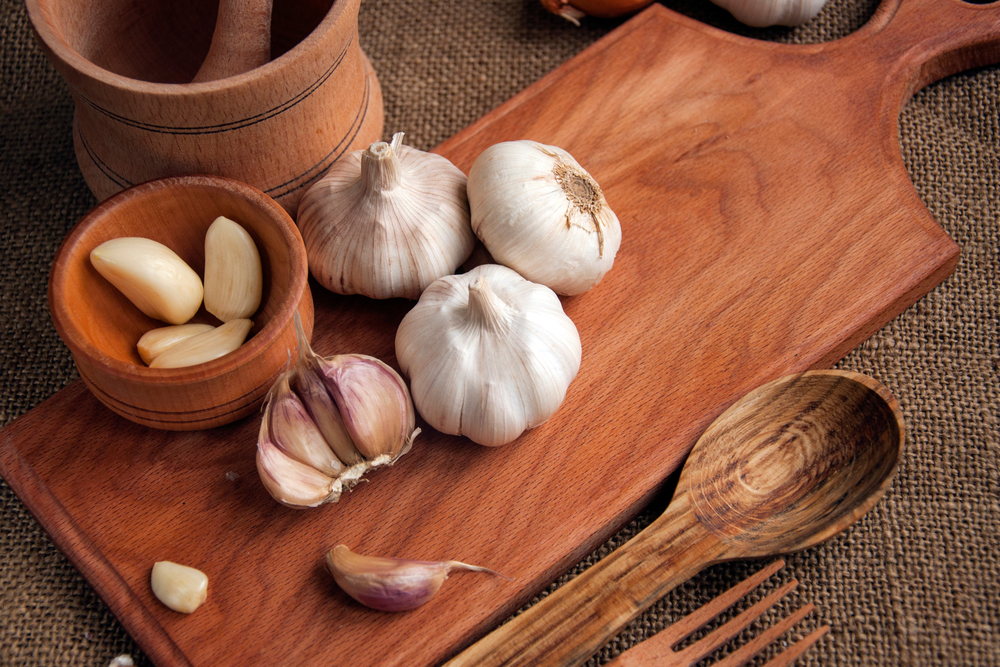The foods you consume play a major role in overall heart health. This is because food consumption influences blood pressure, triglyceride and cholesterol levels, and inflammation, which are all known risk factors of heart disease. Many are under the impression that they need to completely distance themselves from unhealthy food to avoid heart diseases. However, there are foods that actually help reduce those risk factors tremendously. Here are five heart-healthy food options which work incredibly well in reducing the risk of cardiovascular disease.

1. Berries
All berries, be they strawberries, blueberries or raspberries, are loaded with a host of important nutrients which play a fundamental role in reducing the risk of cardiovascular disease. They provide a rich source of antioxidants such as anthocyanins, which shield your body from oxidative stress and inflammation, both of which are major contributors to the development of heart disease.
Studies have also revealed that the consumption of berries in abundance can reduce several risk factors of heart disease, all at once. A separate study done has also found that eating blueberries daily can improve the function of cells that line the blood vessels, thus helping to regulate blood pressure and prevent blood clotting.
2. Fatty Fish and Fish Oil
Fatty fish is widely known for its promotion of good heart health, primarily because they are packed with omega-3 fatty acids. This range of fish includes the likes of salmon, mackerel, sardines and tuna. For example, one study showed that consuming salmon three times a week, for eight weeks consecutively, helped in drastically reducing diastolic blood pressure.
Similarly, another study concluded that consumption of fatty fish over the span of a few years was associated with lower levels of cholesterol, blood triglycerides, fasting blood sugar and systolic blood pressure. If you’re not a fan of fatty fish, consuming fish oil is another great way of getting your daily dose of omega-3 fatty acids. The ingestion of fish oil supplements have been shown to reduce blood triglycerides, enhance arterial function and lower blood pressure, all of which are major contributors toward cardiovascular disease.
3. Nuts
Widely regarded as a healthy snack option, nuts too, are known for the promotion of good heart health. This is because eating nuts can help to lower your low-density lipoprotein (LDL) cholesterol and triglyceride levels (both play a major role in the build-up of plaque in your arteries), improve the lining of your arteries, and reduce inflammation and risk of developing blood clots.
A number of essential nutrients contained within nuts, which include unsaturated fats, omega-3 fatty acids, fiber, vitamin E, plant sterols and L-arginine, are responsible for these health benefits. Therefore, it is ideal that you consume up to four servings of unsalted (raw or dry-roasted) nuts a week. The recommended amount for each serving is a small handful of whole nuts, or two tablespoons of nut butter. When it comes to choosing the right nuts to eat, most nut types are known to be heart-healthy, although some may contain more health benefits as compared to others. For example, walnuts contain more omega-3 fatty acids as compared to other nut types.

4. Garlic
Who would have thought that a basic ingredient used in everyday cooking can actually be good for our heart health? Yes, garlic has actually been used as a natural remedy to treat a number of illnesses for centuries. A compound called allicin, which is present in garlic, is known to provide a variety of health benefits due to the fact that it possesses antibacterial, anticancer and chemopreventive properties.
Studies have also been able to prove that allicin can help reduce total cholesterol level and restrict plaque buildup in blood vessels, thus reducing the risk of heart diseases significantly. Ensure that you consume garlic in its raw state, or crush it and let it sit for a few minutes before cooking. This promotes the formation of allicin, allowing you to maximise its potential health benefits.
5. Seeds
Seeds are not just a standard healthy food option, but actually a ‘superfood’ which provides an abundance of heart-healthy nutrients such as fiber and omega-3 fatty acids. The most commonly known seed types which boost heart health include chia, flax and hemp seeds.
These seeds have been proven to significantly reduce risk factors linked to cardiovascular disease, such as inflammation, blood pressure, cholesterol and triglyceride levels. Hemp seeds, for example, contain high levels of arginine (an amino acid associated with reduced blood of specific inflammatory markers), while flax and chia seeds are able to keep your blood pressure and cholesterol levels in check.
As new research conclusions progressively emerge, the notion of incorporating certain foods as part of your diet to reduce the risk of cardiovascular disease continues to grow stronger. Coupled with a disciplined exercise regime, the risk of developing heart disease could almost cease to exist.
.png)


